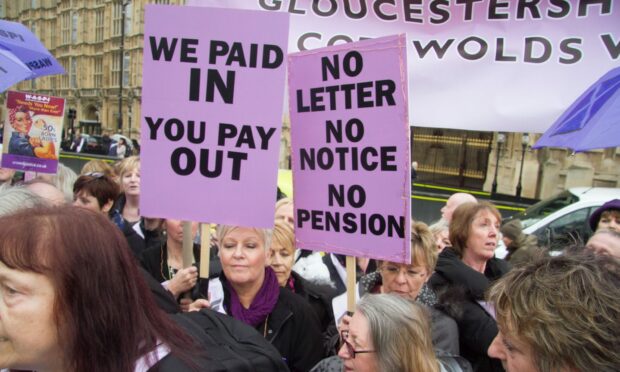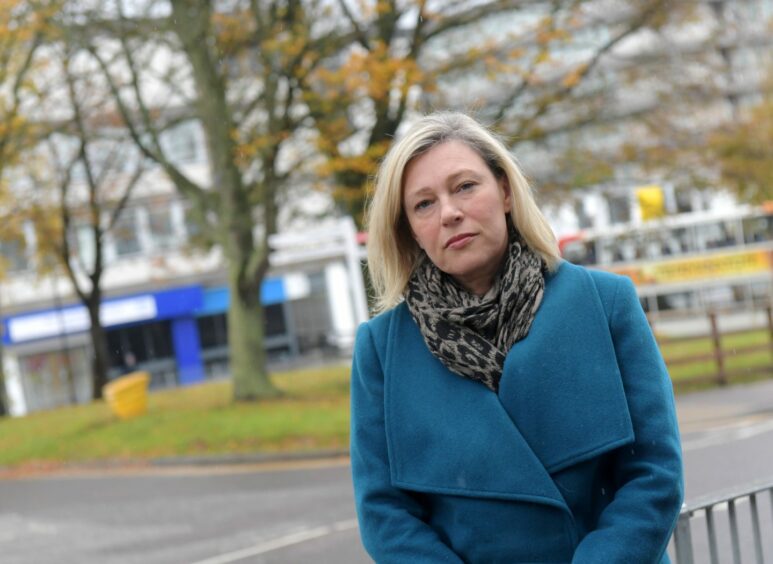A north-east MSP has said it is “appalling but sadly not surprising” more than 220,000 women in the UK will have died waiting for pension compensation by the end of this year.
Research shows 220,190 women will have died in the seven years since a campaign started to get women born in the 1950s compensation for failures to inform them about the pension age changing from 60 to 66.
The study was carried out by research firm Statista on behalf of Women Against State Pension Inequality (Waspi).
The chancellor is effectively banking on the grim reaper saving him more and more money each year.”
Angela Madden, Waspi spokeswoman.
Waspi groups were set up throughout the UK to battle for compensation after changes to the pension age.
Statista’s figures show the UK Government has saved £3.8 billion in compensation likely to be awarded to those affected, by allowing women to die waiting for what they are owed.
Maladministration
The Parliamentary and Health Service Ombudsman (PHSO) has already found the Department for Work and Pensions guilty of maladministration, and is now investigating the harm caused.
Changes to the state pension age were legislated for in 1995 but not communicated to the affected women until 2008, leading the PHSO to find “the opportunity that additional notice would have given them to adjust their retirement plans was lost”.
Despite the Ombudsman’s findings and the death rate of those affected, the government is waiting for more reports before taking any action.
Waspi campaigners are demanding an immediate one-off compensation payment of between £11,666 and £20,000, with the most going to women who were given the shortest notice of the longest increase in their state pension age.
“The government’s strategy of delaying inevitable compensation payments is a cynical attempt to time women out of what they are due,” said Waspi spokeswoman Angela Madden.
‘Agony for millions of women’
She added: “The chancellor is effectively banking on the grim reaper saving him more and more money each year, leaving women struggling to pay their bills in retirement and lacking in trust in government.
“Since the Ombudsman has already found that women born in the 1950s were mistreated, the right thing to do is to put in place a compensation package right away.
“Doing so would end the agony for millions of women who have been emotionally, physically and financially affected by mistakes made in government.”
Aberdeenshire East SNP MSP Gillian Martin said: “My office continues to see women affected by the shortfall in their pension be plunged into poverty.
“Many are having to try and find work despite not being physically able, and many cannot afford to pay their bills.
“What the UK Government has put these women through is unconscionable.
“The fact women are dying before seeing this issue resolved is appalling but sadly not surprising.”
‘Systematic shortcomings’
Conservative MP Peter Aldous, co-chairman of the all-party parliamentary group (APPG) for state pension inequality for women, said: “The so-called ‘Waspi’ women were victims of successive governments’ systemic shortcomings dating from 2005, maladministration and a failure to comply with the civil service code in their communications concerning the planned changes.
“The APPG that I co-chair has submitted evidence to the Ombudsman calling for the highest compensation level available in making its recommendations, which we feel should be paid to affected women in recognition of their suffering.”


